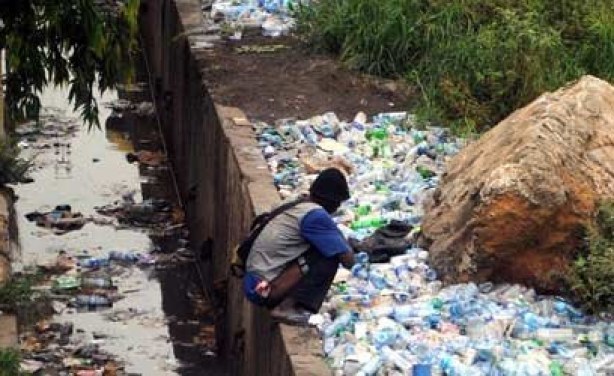Only 11 of Nigeria’s 774 LGAs are free from open defecation – UNICEF
The United Nation Children’s Fund (UNICEF) has said that only 11 out of the 774 local government areas in Nigeria are free from the practice of open defecation
A Water, Sanitation and Hygiene (WASH) specialist, Mr Bioye Ogunjobi, said this in Kano on Wednesday while speaking at opening session of a two-day media dialogue organised by the Ministry of Information and Culture in collaboration with UNICEF.
The dialogue, entitled: ‘Clean Nigeria,’ looked at the implications of open defecation and WASH-related issues.
Ogunjobi said the Federal Ministry of Water Resources, with support from UNICEF and United Purposes,helped the 11 LGAs to achieve the feat.
“The LGAs are Daas, Warji in Bauchi State; Birnin Kudu and Buji in Jigawa State; Ikom, Yala, Obanliku, Yakur, Boki and Berkwara in Cross River State and Logo in Benue State.
“They are 11 in number but we are likely to have two more in Jigawa within the next one month,” he said.
Ogunjobi said this was achieved with the implementation of a programme called Community Led Total Sanitation (CLT).
He described CLT is an approach which helps communities realise the dangers of open defecation and to take collective decision to stop the act.
“This has happened in a total number of 17 communities in Nigeria but this is a drop in the ocean. Because we are talking about 774 LGAs and we have been able to address Open Defecation in only 11 LGAS, that is 764 LGAs left,” he said
He said taking WASH to disadvantaged communities in the rural areas, improving access to safe water and sanitation in schools and health care facilities as well as hygiene promotion and advocacy were the priority of WASH.
He called for increased investment on sanitation in the country.
In November 2018, President Muhammadu Buhari declared a state of emergency in the Water, Sanitation and Hygiene (WASH) sector.
He reaffirmed Nigeria’s commitment to eliminating open defecation by the 2025.
However, despite the declaration by the president, 47 million people still defecate in the open while 33 million use unimproved toilets.
In his remark at the dialogue, the Deputy Director, Head of Child Rights Information Bureau, Federal Ministry of Information, Mr Olumide Osanyinpeju, said the “Clean Nigeria: Use the Toilet” campaign is one of the most ambitious behaviour change campaigns in Nigeria.
He said the campaign mode will create a national movement with elements of policy advocacy, public advocacy, grassroots mobilization and private sector engagement by leveraging on already existing structures in states.
Osanyinpeju said sanitation is essential to the survival and development of children
“Proper sanitation facilities promote health because it allows people dispose off their waste appropriately.
“Open defecation is incredibly dangerous, as contact with human waste can cause diseases such as cholera, typhoid, hepatitis, polio, diarrhoea, worm infestation and under nutrition. We must double our current efforts in order to end open defecation by 2030,” he said.
The UNICEF Communication Specialist, Mr Geoffrey Njoku, urged the media to step up reportage of issues around sanitation and to sensitise the people on the need to shun open defecation and imbibe the use of toilet.
Njoku urged media practitioners to use their tools to raise awareness on the benefits of cleanliness and the dangers of open defecation to health and wellbeing.




